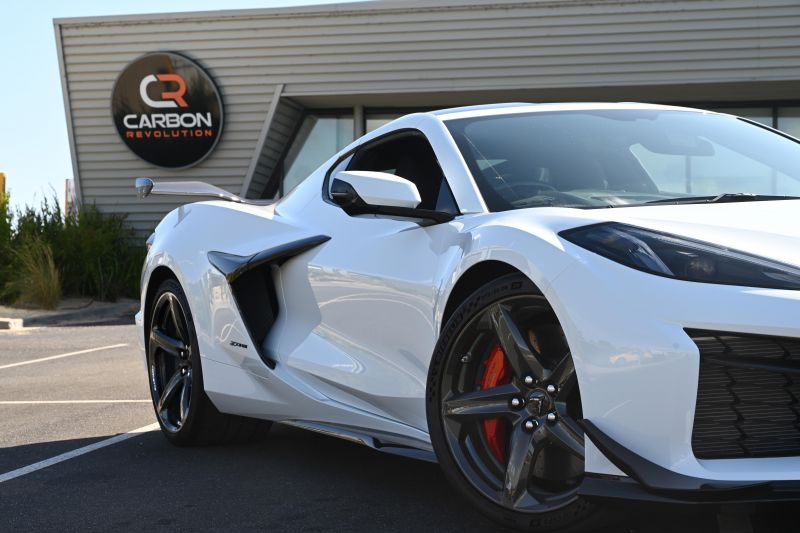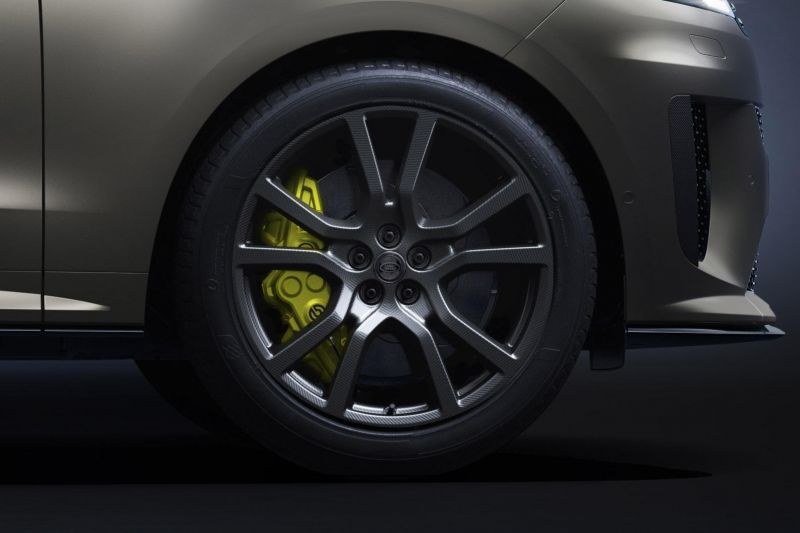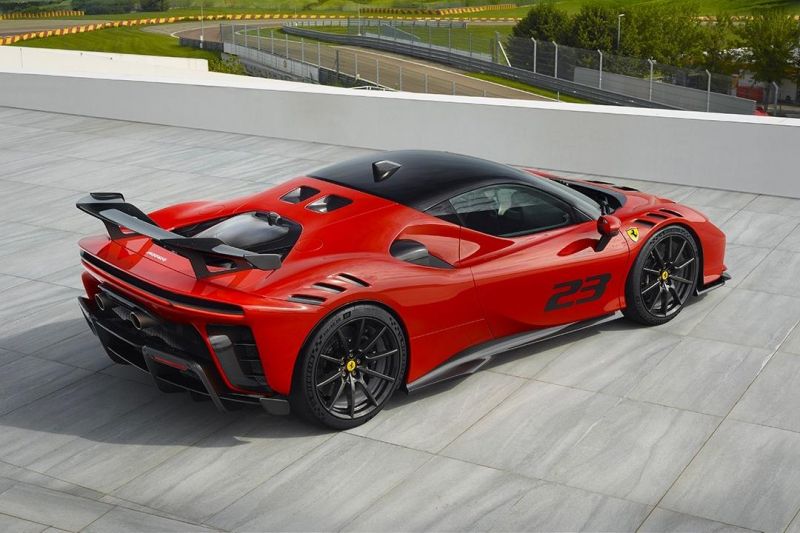Australian company Carbon Revolution plans to start producing its carbon-fibre wheels in North America within the next few years.
According to Automotive News, the company responsible for supplying wheels to the likes of JLR, General Motors and Ferrari could open a factory in Mexico.
“We’re getting ourselves prepared for a facility that will be in North America, quite possibly Mexico, that can service our North American customers and customers in other parts of the world,” CEO Jake Dingle told Automotive News.
“We are looking at some locations at the moment, and some potential partnerships as well, which would support a fairly rapid [ramp-up].”
Mr Dingle didn’t specify a timeframe for selecting a location but said he wants North American production to be up and running in the next few years.
Currently, Carbon Revolution produces its wheels in Waurn Ponds, Victoria.
Mr Dingle told Automotive News its Victorian plant is a “pilot facility” that can produce around 70,000 wheels a year and has a highly automated manufacturing process it intends to also use at its North American plant.
The Carbon Revolution boss said the company has designed its products and production line for a quick ramp-up when the time comes.
“We had the view that everything we did would lead us to a high-volume, large-scale manufacturing capability,” Mr Dingle told Automotive News.
“One of the key decision criteria always has been that we must be able to automate and must be able to scale up. We avoid any aspect of manufacturing that would strain that scale-up.”
The company began trading on the Nasdaq this month following a merger with a special purpose acquisition company (SPAC).
Carbon Revolution told Automotive News its sales backlog has reached around US$730 million (AU$1.113 billion), which is more than double its sales backlog figures for October 2022.
The company says most of its sales backlog is slated for electric vehicles (EVs), and claims its wheels can boost an electric car’s range by between five to ten per cent.
According to Mr Dingle, the company’s backlog is largely due to North American demand and he foresees its products becoming more mainstream with carmakers there as they look to shed weight on their EVs.
“North America is leading the pack… the adoption of this technology, particularly for larger pickups and SUVs, is driving our backlog,” Mr Dingle told Automotive News.

























